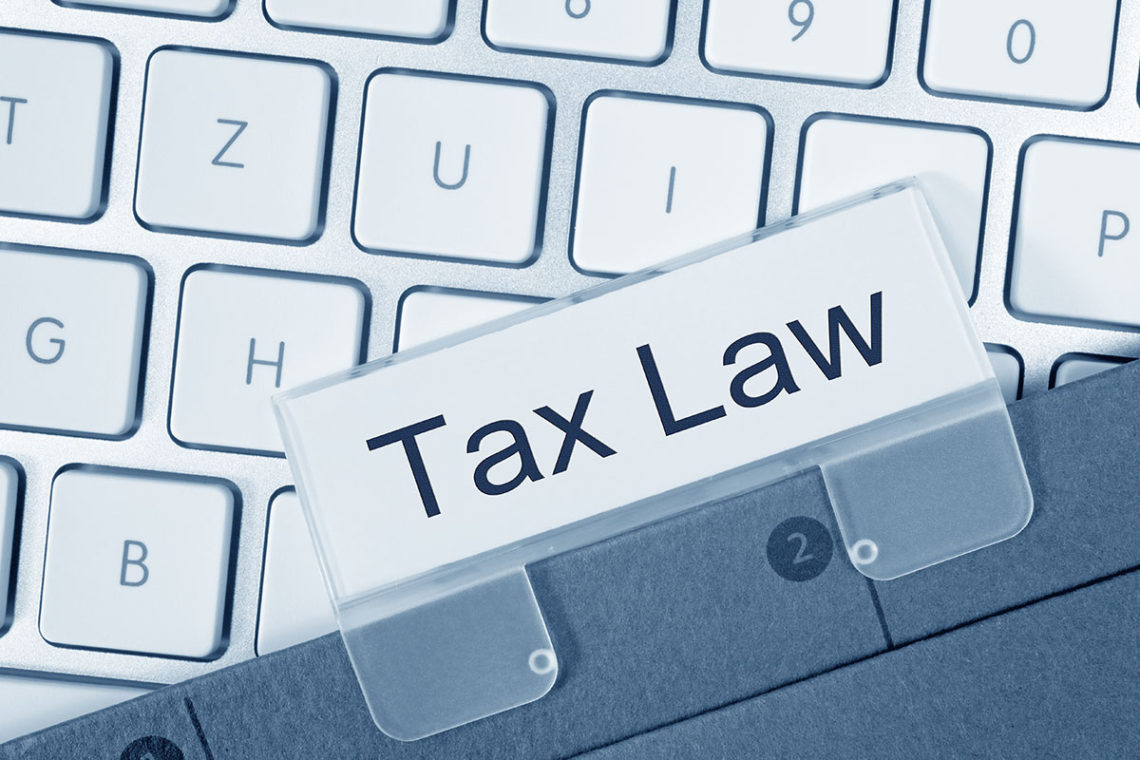
Without much fanfare, the Government has changed its policy on allowing trading entities of charities to be afforded exempt taxation status without having to register as a charity themselves.
This is what the Commentary to the June 2018 tax bill says about the proposed change:
Registration under the Charities Act 2005 carries with it a number of reporting obligations, which improves transparency and promotes public trust and confidence in the charitable sector.
Entities are generally required to be registered as a charity in order to access the charitable tax exemption for non-business income.
However, an entity is not always required to be registered as a charity in order to access the charitable exemptions for business income under section CW 42 of the Income Tax Act 2007. Business income is exempt if it is derived by a registered charity, or by a separate business “carried on for, or for the benefit of” a registered charity. This ability to claim a charitable income tax exemption without being subject to the public reporting requirements of registered charities is contrary to the policy intent.
A small but increasing number of businesses are seeking to take advantage of the business income exemption without being registered charities themselves. This risks undermining public trust and confidence in the charitable sector. It also increases the extent to which Inland Revenue is involved in charity oversight and regulation. This does not align with the government policy that regulation of the charitable sector should sit primarily with the Department of Internal Affairs – Charities Services.
An amendment is proposed to section CW 42 to ensure that the business income exemption applies only to organisations that are registered under the Charities Act 2005.
The proposed amendment will come into force on the date of enactment.
The current exemption is based on the former Government’s policy described as follows:
For completeness, the business income tax exemption can apply to income derived by the registered charity either directly (in other words, the business activities are carried out by the charity itself) or indirectly (where the business activities are carried out by an entity separate from the charitable entity).
These separate entities do not need to be registered under the Charities Act 2005. The registered entity is not itself conducting the business operation, but the operation is being run, for example, by a company that carries on the business solely for the registered entity’s benefit.
Although these companies are not also required to be registered, if they also have charitable purposes, they may do so.

